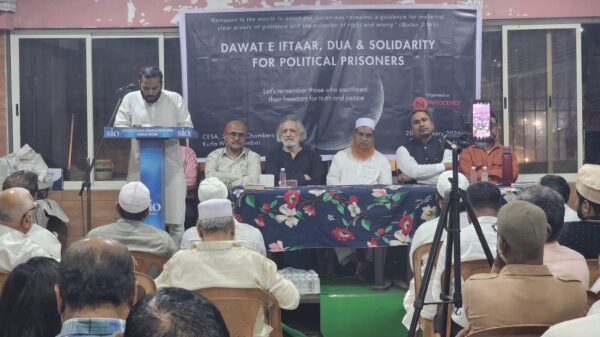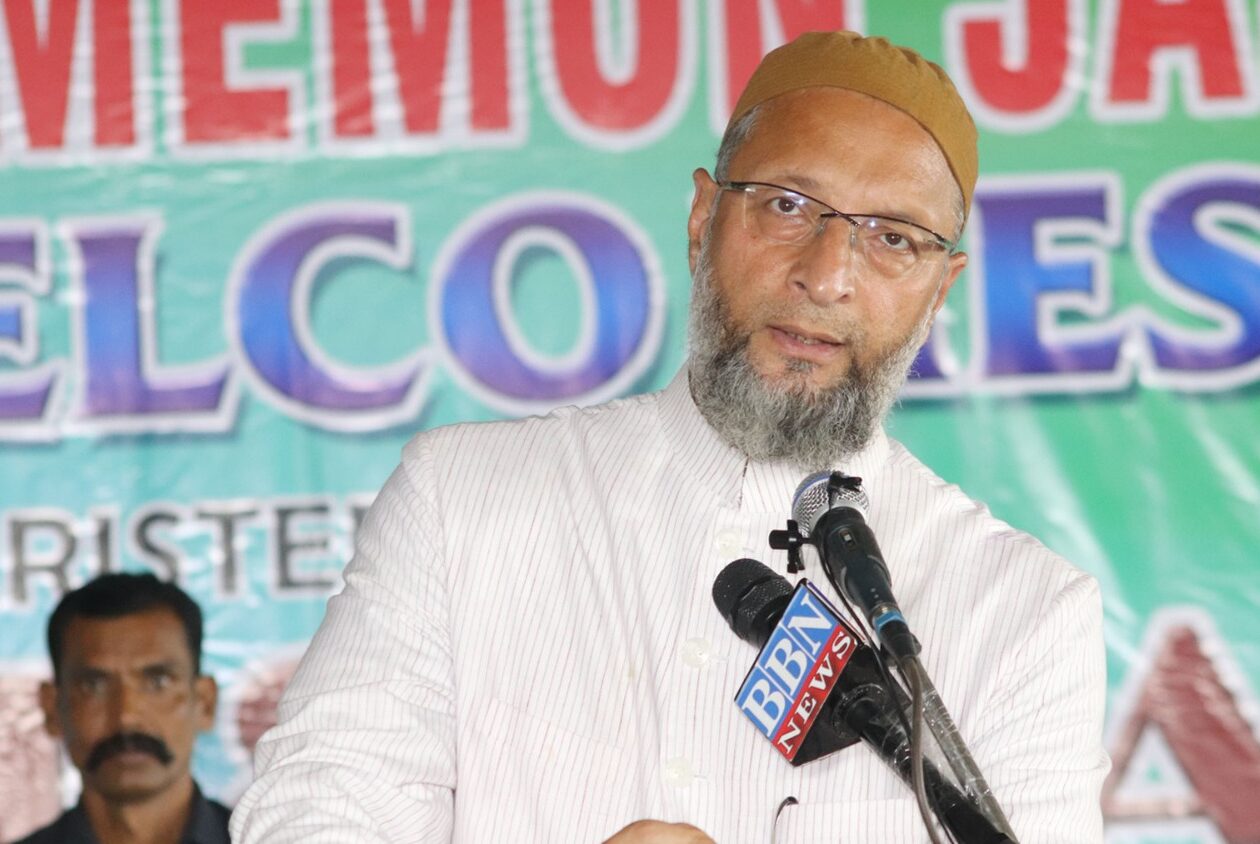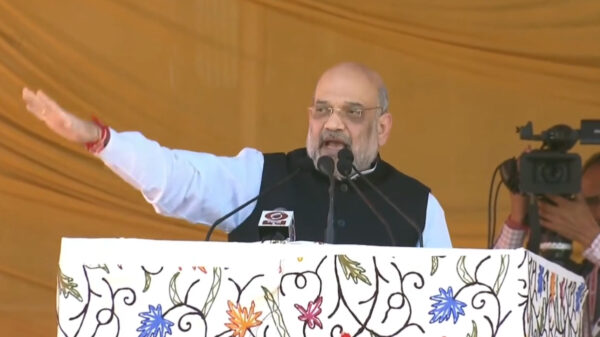All India Majlis-e-Ittehadul Muslimeen (AIMIM) MP Asaduddin Owaisi has filed a petition in the Supreme Court challenging the recently passed Waqf Amendment Bill, 2025. The Bill, which has been cleared by both the Lok Sabha and Rajya Sabha, is now awaiting the President’s assent to become law.
Owaisi’s petition argues that the Bill is unconstitutional, citing violations of several constitutional provisions, including Articles 14, 25, and 30. Article 26 gives religious denominations the right to manage their own affairs, and Owaisi believes that the Amendment undermines this right by imposing restrictions on Waqf properties that do not apply to Hindu, Jain, or Sikh religious endowments. He said, “A Muslim will face restrictions on Waqf property, while an encroacher could become the owner overnight, and a non-Muslim could administer it. This is a violation of Article 14, which guarantees equal protection under the law.”
The petition also challenges several provisions of the Amendment, including the restriction on who can create a Waqf, the removal of “Waqf by user” (where properties could be considered Waqf based on prolonged use for religious purposes), and the inclusion of non-Muslims on Waqf boards. Owaisi pointed out that other religious groups, like Hindus, Sikhs, and Jains, are allowed to administer their religious affairs without such interference, making the provisions in the Bill discriminatory against Muslims. “Why are Muslims being denied these rights?” Owaisi asked.
Along with Owaisi, Congress MP Mohammad Jawed has also filed a plea, arguing that the Amendment Bill violates multiple fundamental rights, including the right to equality and freedom to manage religious affairs. He contended that the law discriminates against Muslims and infringes on their fundamental rights under Articles 14, 25, 26, 29, and 300A of the Constitution.
The Waqf Amendment Bill seeks to amend the Waqf Act, 1995, and is intended to improve the management and efficiency of Waqf properties. The Bill introduces key changes, such as limiting the ability to create a Waqf to individuals practicing Islam for at least five years and removing the concept of Waqf by user. The Bill also proposes that non-Muslims be included in the Central Waqf Council, which has raised concerns among critics.
The Bill also introduces measures for the auditing of Waqf accounts and empowers the Central government to make rules related to the registration and publication of Waqf proceedings. The proposed law is designed to streamline the management of Waqf properties, but its provisions have sparked legal and constitutional debates.


































































